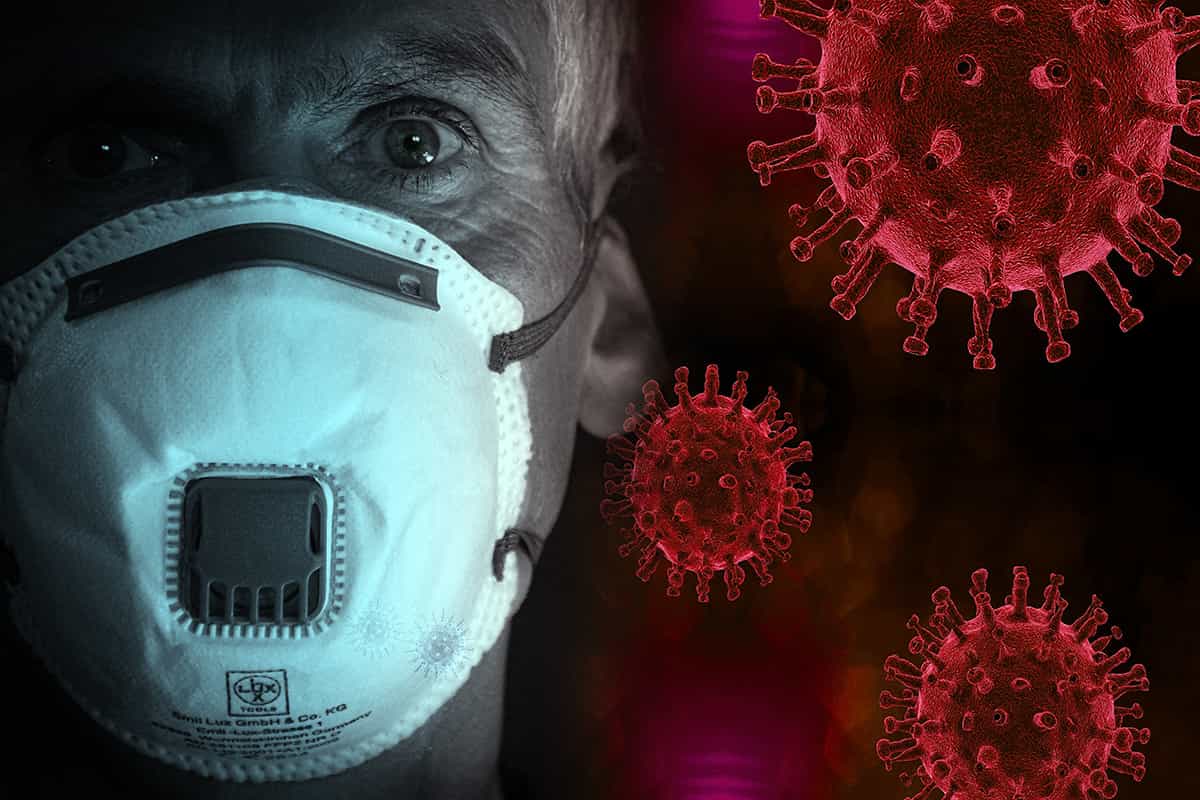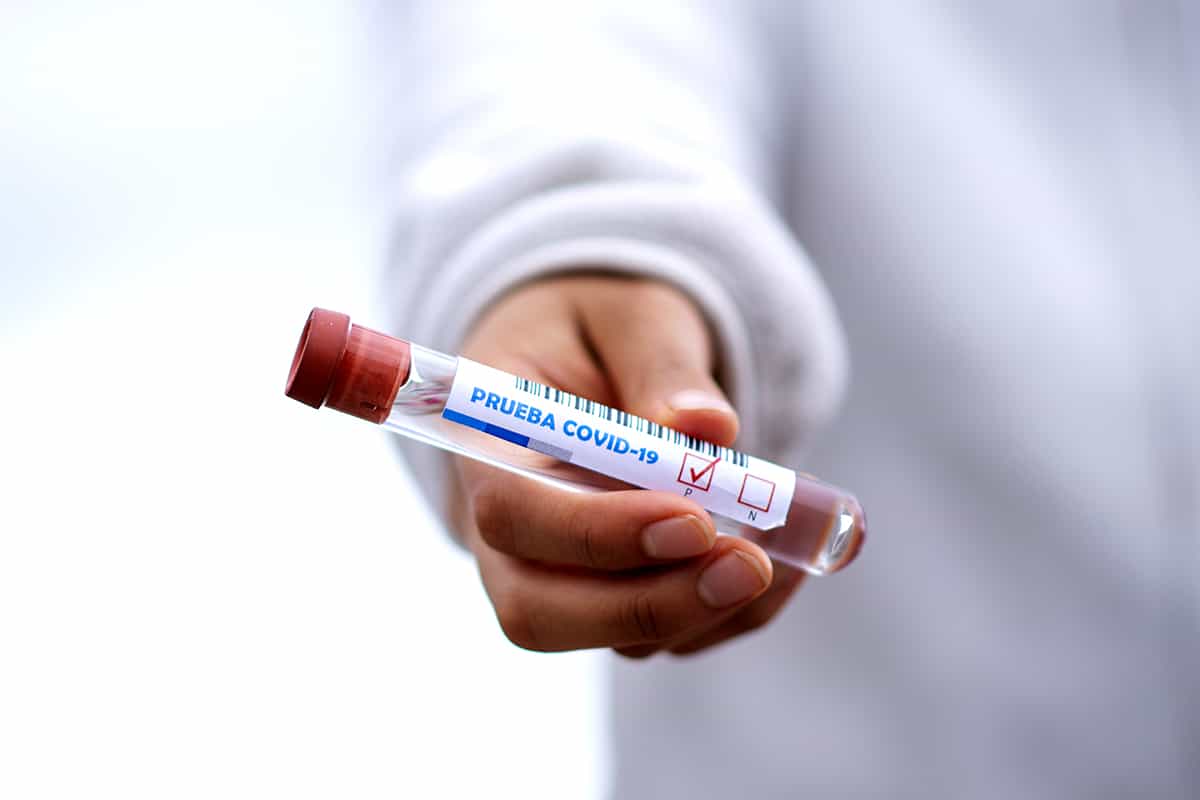Three of the authors of an influential article that found hydroxychloroquine increased the risk of death in COVID-19 patients retracted the study on concerns about the quality of the data.

Three of the authors of an influential article that found hydroxychloroquine increased the risk of death in COVID-19 patients retracted the study on concerns about the quality of the data.
They said that Surgisphere, the health-care data analytics firm that provided the data, would not transfer the full data set for an independent review and they “can no longer vouch for the veracity of the primary data sources.”
The study, titled “Hydroxychloroquine or chloroquine with or without a macrolide for treatment of COVID-19: a multinational registry analysis,” was published in British medical journal the Lancet last month.
U.S. President Donald Trump said he took hydroxychloroquine to prevent COVID-19.
Earlier this week, both Lancet and New England Journal of Medicine published “expressions of concern” about the observational data provided by Surgisphere.
Today, three of the authors have retracted “Hydroxychloroquine or chloroquine with or without a macrolide for treatment of COVID-19: a multinational registry analysis” Read the Retraction notice and statement from The Lancet https://t.co/pPNCJ3nO8n pic.twitter.com/pB0FBj6EXr
—@TheLancet
Last week, nearly 150 doctors signed an open letter to Lancet calling the article’s conclusions into question and asking the journal to make public the peer review comments that led to it being published.
Surgisphere was not immediately available for comment.
The Lancet said in a statement “there are many outstanding questions about Surgisphere and the data that were allegedly included in this study.”
On Wednesday, the World Health Organization resumed the hydroxychloroquine arm of its global Solidarity clinical trial into potential treatments for COVID-19. The pause was to check for any potential safety concerns such as heart problems flagged by the Lancet study results.
Results of a high-quality randomized, placebo-control trial also published yesterday in the New England Journal of Medicine from U.S. and Canadian researchers showed hydroxychloroquine was no better than placebo pills at preventing illness from the coronavirus.
Trial participants were those with risky exposures, such as health-care workers who didn’t wear a mask and individuals living with a confirmed case.
Other clinical trials investigating hydroxychloroquine to both prevent and treat the infection are under way, including in Canada.








One thought on “Influential Lancet hydroxychloroquine study retracted by 3 authors | CBC News”